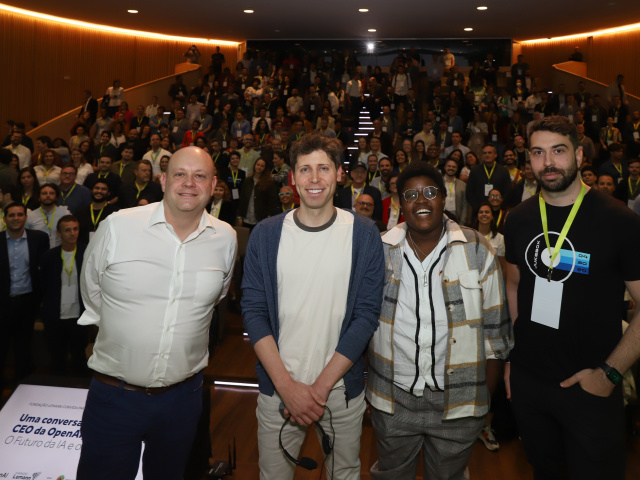At the Lemann Foundation, part of our mission is to equip Brazil’s leaders with the tools and opportunities they need to drive social change in both the short and long term. In the shorter term, the Foundation provides people with opportunities to study and research at some of the world’s most acclaimed educational institutions. In the long term, it aims to increase the attractiveness of the public sector by partnering with government agencies to create a structured and qualified people management model.
Our efforts to unleash the power of both the current and rising generations of Brazil’s leaders play out two fronts:
Individual Level
Systemic Level
What’s new at the Lemann Foundation?

Brazil performs poorly in international reading test, focusing on literacy is the way out

Five Highlights from the Meeting with Sam Altman, CEO of OpenAI

Brazil’s Ministry of Education Launches National Commitment for Literacy at the Right Age

Journeys Begin with a First Step: Fulfilling them requires many more




